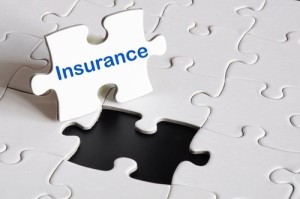Two companion uninsured/underinsured motorist cases out of Cecil County were decided by the Maryland Court of Appeals last month. The take home message for Maryland lawyers handling  uninsured motorist cases: if you don’t follow the rules by settling with the underlying carrier, the court will not let you off the mat. It is the ultimate in form over substance. I disagree with the law, but I can’t quibble with the court’s 6-1 decision. Really? Insurance companies should not be trying to eviscerate insurance agreements with their own clients, because their lawyers screwed up.
uninsured motorist cases: if you don’t follow the rules by settling with the underlying carrier, the court will not let you off the mat. It is the ultimate in form over substance. I disagree with the law, but I can’t quibble with the court’s 6-1 decision. Really? Insurance companies should not be trying to eviscerate insurance agreements with their own clients, because their lawyers screwed up.
Both cases, Woznicki v. General Insurance Company and Morse v. Erie Insurance Exchange involved the typical scenario; in which the tortfeasor’s liability insurance tenders the policy and the plaintiff’s attorney accepts, while intending to make an uninsured motorist claim. This is a special set of facts. Here, the insured’s UM policy explicitly stated that they had to bless any settlement with the tortfeasor’s liability insurance carrier — or pony up the policy themselves — to activate the UM coverage after a release was signed.
 Maryland Injury Law Center
Maryland Injury Law Center







